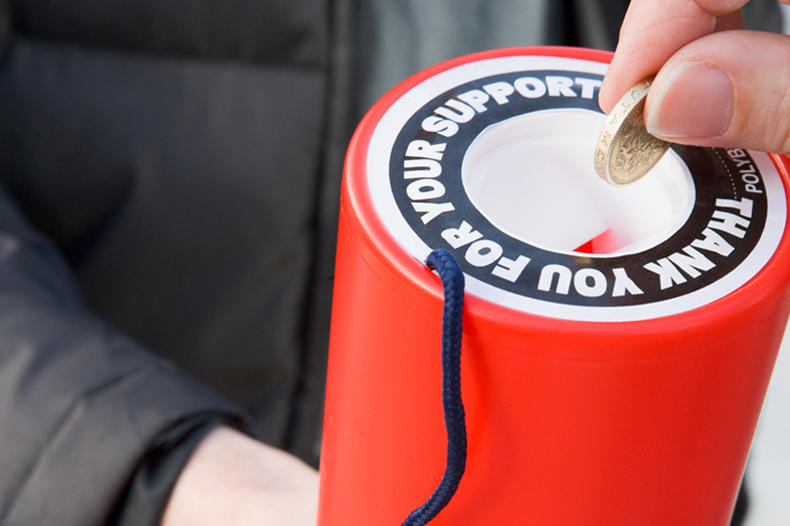Charities and trade marks
Why should charities register their brand and logos as trade marks? We asked Stephanie Crouch and Tom Albertini from intellectual property legal specialists J A Kemp to explain more.

What is the most important aspect of a charity to those behind it?
Fundraising? Reputation? Making a difference?
Protecting the brand of a charity ultimately safeguards all these things but some common misconceptions can lead to costly mistakes. Stephanie Crouch, a trainee trade mark attorney and Tom Albertini, a partner and Chartered Trade Mark Attorney at J A Kemp explain more.
1. “As a charity, we don’t need to spend money on trade mark registration.”

As a charity, your brand may be your most valuable asset.
Like any public facing organisation, your charity has a brand that serves to distinguish it from others.
The brand encapsulates the identity and character of your organisation as well as its charitable cause, and will keep it in the minds of those who support it.
Protect it with a trade mark registration, it is a cost effective way of giving your brand legal protection from others using it.
2. “Why would someone imitate our branding when we are a non-for-profit organisation? What can they gain?”

Unscrupulous traders and those looking to defraud the public may use your brand to claim they are raising money for you to divert charitable donations away from your cause and into their pockets. This lost income is invaluable to any fundraising charity.
Even well-meaning fundraisers using your brand may cause significant harm to it, if their use is not subject to your control, ideally via a written agreement.
Obtaining a trade mark registration will provide you with the means to take action against unscrupulous traders, and provide the cornerstone for written agreements to enable you to control those looking to use your brand in support of the charity.
3. “My budget won’t cover trade mark protection, let alone enforcement.”

Trade mark registration, even on a multi-regional basis, can be done cost effectively if you follow a well thought out trade mark filing strategy. A Chartered Trade Mark Attorney can help with this.
Once obtained, you only need furnish a copy of the registration certificate to provide evidence that you are the owner of exclusive rights to that trade mark for the goods and services covered by the registration.
Nowadays, enforcement of a registered trade mark can be done in a number of ways.
In the online sphere, all online market places, social media websites and the like must operate a procedure to deal with infringement of intellectual property rights, including registered trade marks. The same applies to the authorities who regulate domain names.
Many of these procedures are simple to follow and can be completed yourself, without the help of legal advisors.
Even where professional expertise is required, for example by using a Chartered Trade Mark Attorney, the procedures available online to deal with trade mark infringement can be completed cost effectively and quickly, and often result in speedy removal of the problematic content from the web.
It is also possible to lodge your registered trade mark rights with the customs authorities in the UK and EU, which may result in them seizing and destroying counterfeit goods (such as fake charity merchandise) at no cost to you.
Even where court action, always the last resort for a charity, is required, the UK courts system now provides various options, including a small claims procedure, to help keep costs down.
In all cases the cost of dealing with any dispute will almost certainly be less where you have robust registered trade mark protection for all aspects of your branding in place at the outset.
If you require advice or assistance in relation to obtaining or enforcing IP rights, contact a Chartered Trade Mark Attorney.



